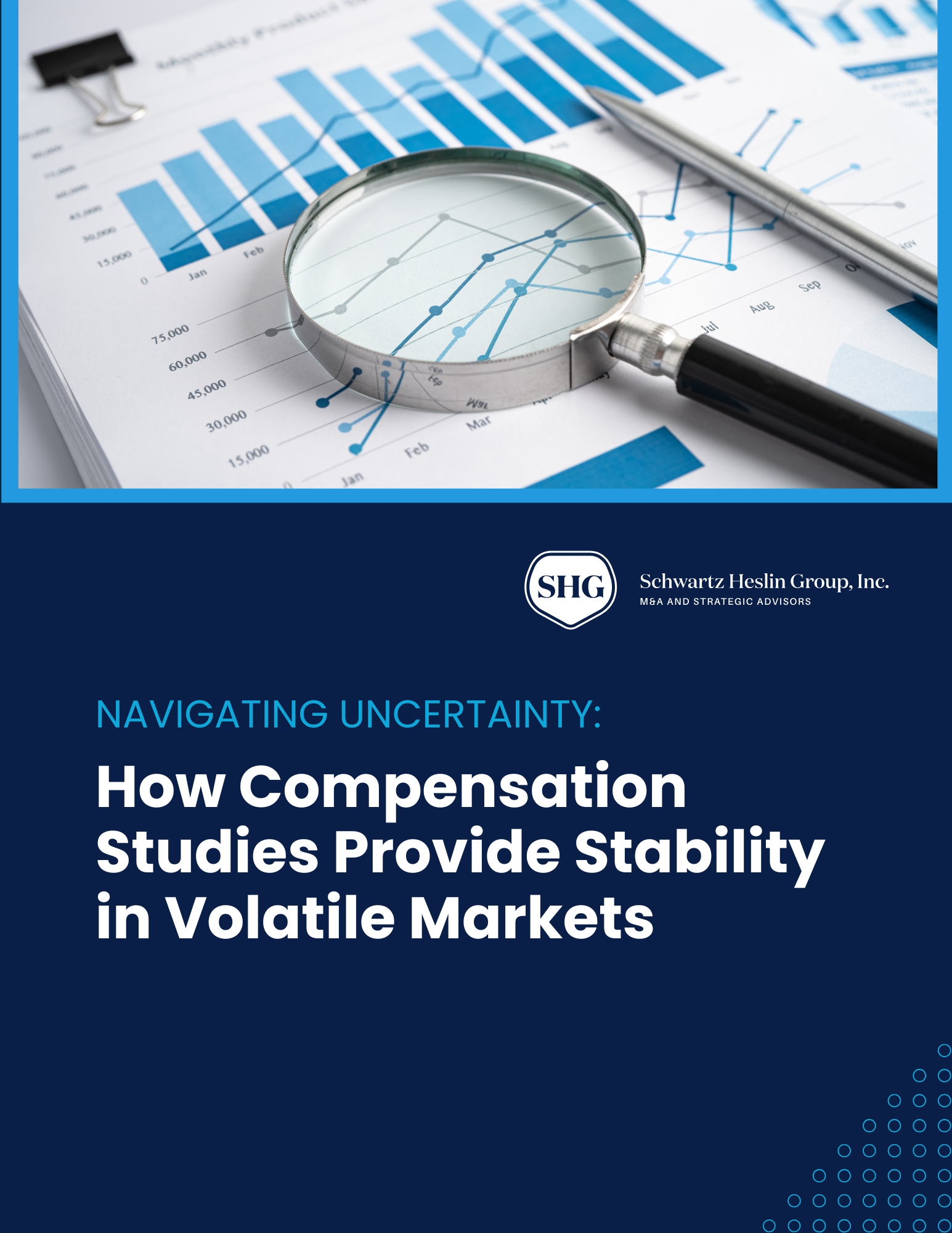Business owners often face a significant challenge when trying to sell their business - the valuation gap. The valuation gap is the difference between what owners believe their business is worth and what the market is willing to pay. While this gap can be difficult to overcome, business owners can effectively close it by leveraging strategic, financial and operational expertise.
Understanding the Valuation Gap
The valuation gap is a common issue for business owners. This is especially true in volatile markets or competitive industries. It happens when the perceived value of a business does not align with the market’s assessment. Several factors contribute to the valuation gap, including financial performance and market conditions.
For example, owners may overestimate the value of their business based on past performance or emotional attachment to the business. Potential buyers or investors, however, may be more concerned with current market trends or growth potential. Understanding the root causes of the valuation gap is the first step toward closing it.
Common Methods of Valuation
There isn't a single way to determine a business's value, which can lead to different valuations from both the seller and the buyer. Here are some common methods of evaluating a business's value.
Discounted Cash Flow
The discounted cash flow method determines value using cash inflows and outflows the business generates. These cash flows are then discounted into a present value. The discount is determined by a discount rate, an assumption about interest rates or a minimum rate of return assumed by the buyer.
Comparable Company Analysis (CCA)
CCAcompares similar companies to the company being sold using metrics like P/E ratios and EBITDA multiples. This market-based approach is designed to reflect current market conditions and buyer sentiment.
Asset-Based
The asset-based method calculates a company's value based on net assets. This can be through either book value or liquidation value. Asset-based valuations are often used for asset-heavy companies like manufacturers, utility companies, or real estate firms.
Precedent Transaction Analysis
A precedent transaction analysis examines past transactions of similar companies to determine a valuation multiple. This method considers acquisition premiums and market conditions at the time of the deal.
The Role of Financial Expertise in Closing the Valuation Gap
Financial expertise is crucial in addressing valuation gaps since one of the primary ways to close the gap is through financial analysis. By examining key financial metrics, business owners can identify areas for improvement that can increase the company’s value.
Strategic financial planning is another key element. Aligning financial strategies with long-term business goals can help increase the value of a company. For example, reducing debt levels and improving cash flow stability can make a business more attractive to potential buyers or investors.
The Impact of Operational Expertise on Valuation
Operational expertise is equally important when trying to close the valuation gap. Improving operational efficiency can directly increase a company’s profitability and its valuation.The adoption of new technologies and innovative practice can further increase operational performance. Businesses that embrace digital transformation, for example, often see significant improvements in productivity and cost efficiency. This ultimately leads to higher valuations.
Combining Financial & Operational Expertise for Maximum Impact
A holistic approach that integrates both financial and operational strategies is necessary to maximize the value of your company. Financial and operation elements of a business are often interlinked and addressing them together can provide a comprehensive solution.
For instance, a company that improves its financial metrics without addressing underlying operational inefficiencies may still struggle to close the valuation gap. Similarly, operational improvements without financial restructuring might not be sufficient to attract buyers or investors. By combining financial analysis, strategic planning, and operation optimization, businesses can present a stronger, more cohesive value proposition.
Closing the valuation gap requires a holistic and strategic approach that combines both financial and operational expertise. Understanding this, you can increase your company’s value and achieve your financial goals. Experienced financial advisors and operational consultants can help by providing tailored guidance. The result is a more attractive business profile that resonates with potential buyers or investors.
SHG provides our clients with expert guidance based on extensive industry knowledge and experience. Our financial and operational experts have built strong relationships with our clients, empowering their success. Our team represents a balance of seasoned business operators and astute financial experts. With SHG, your goals and priorities always come first.
Your business is your most valuable asset. SHG helps you determine and maximize that value. Our innovative methodology has driven successful outcomes for over 40 years. Contact us today to grow your business's value.




